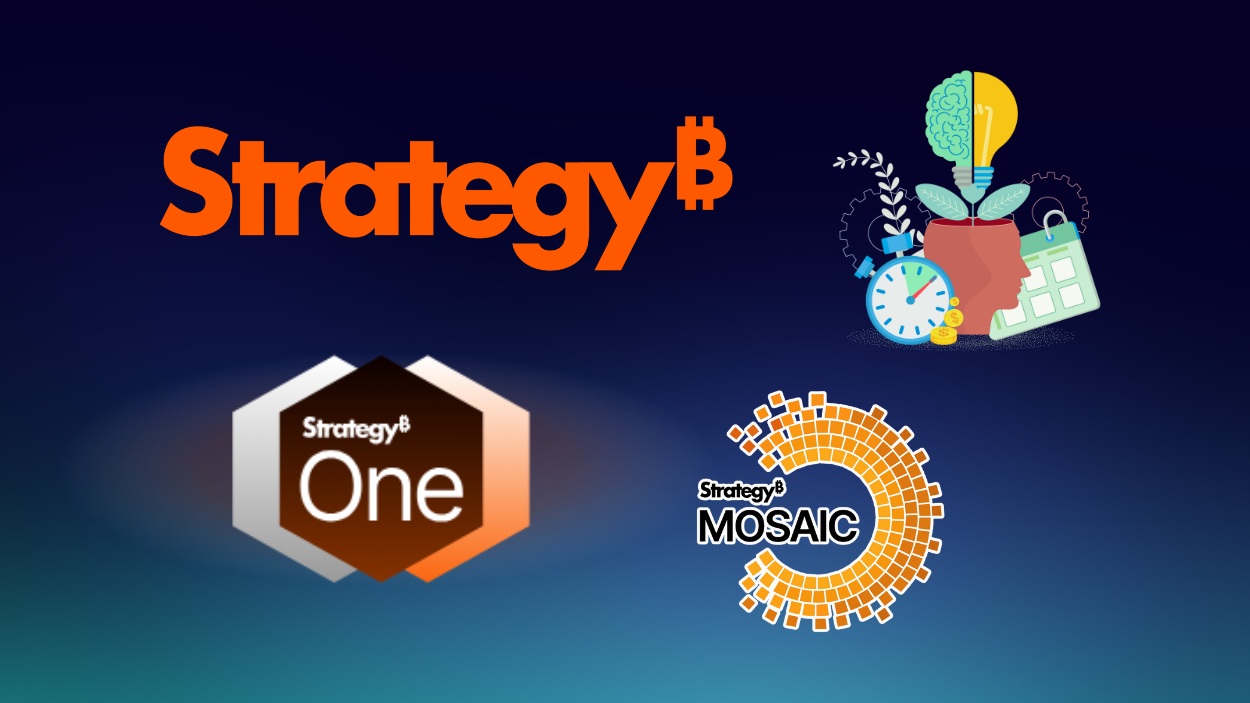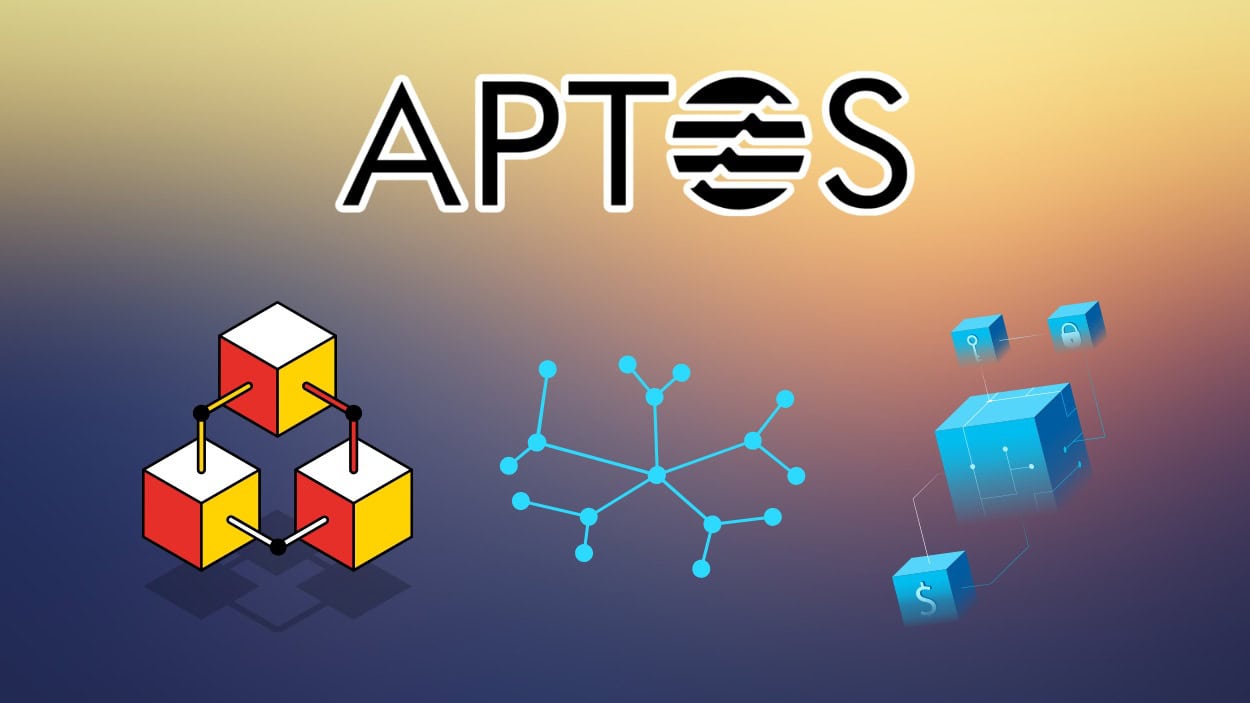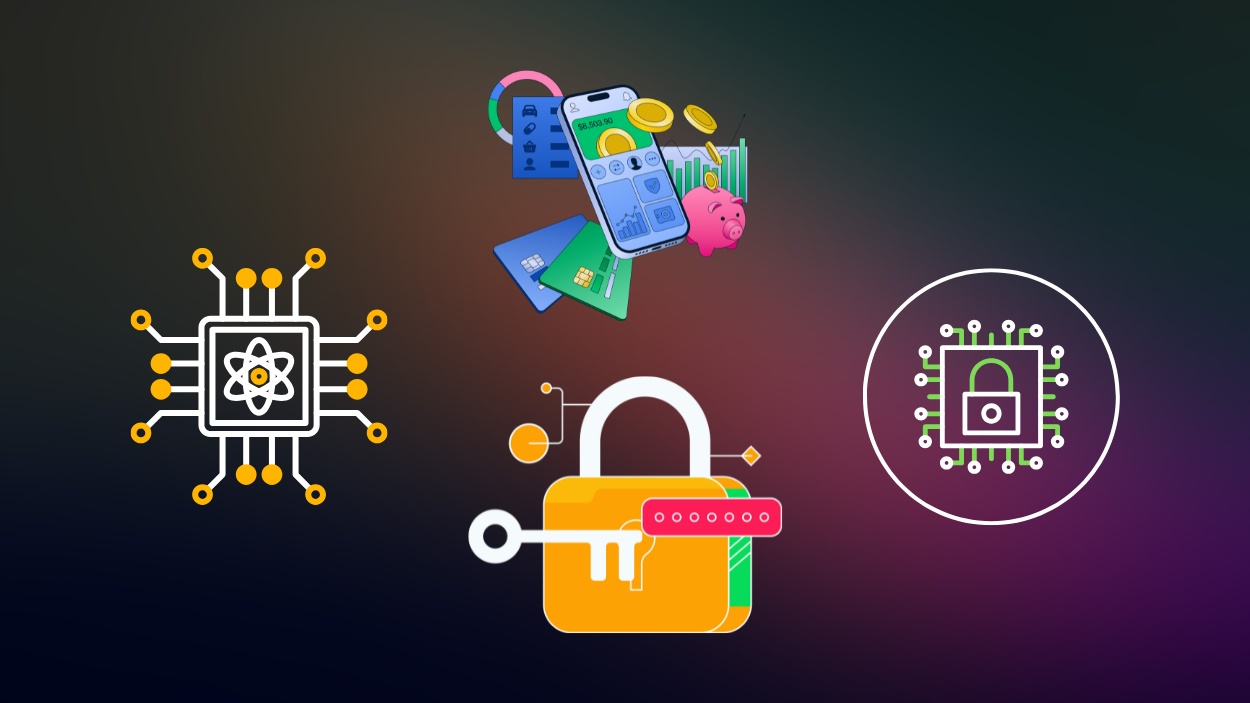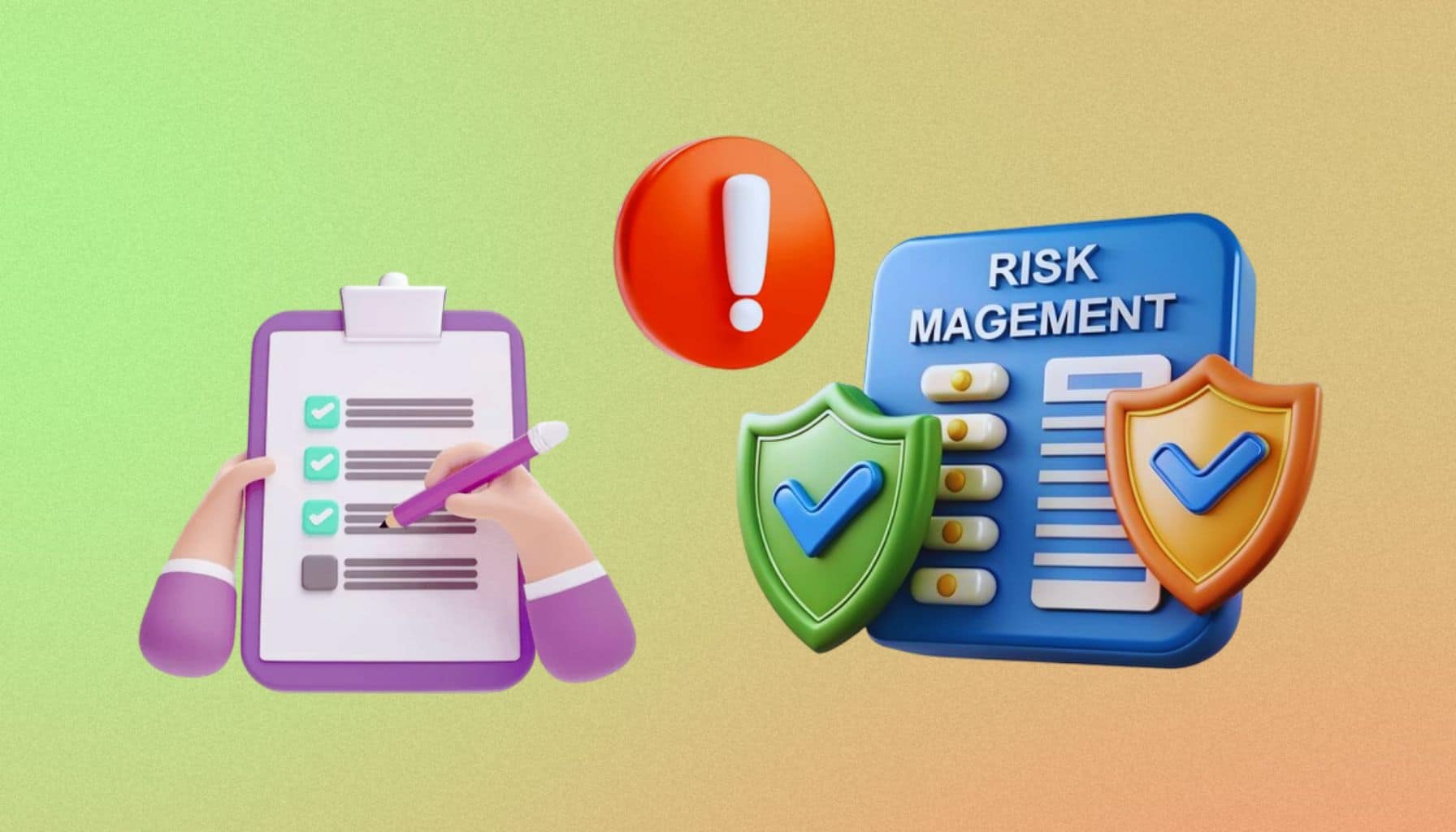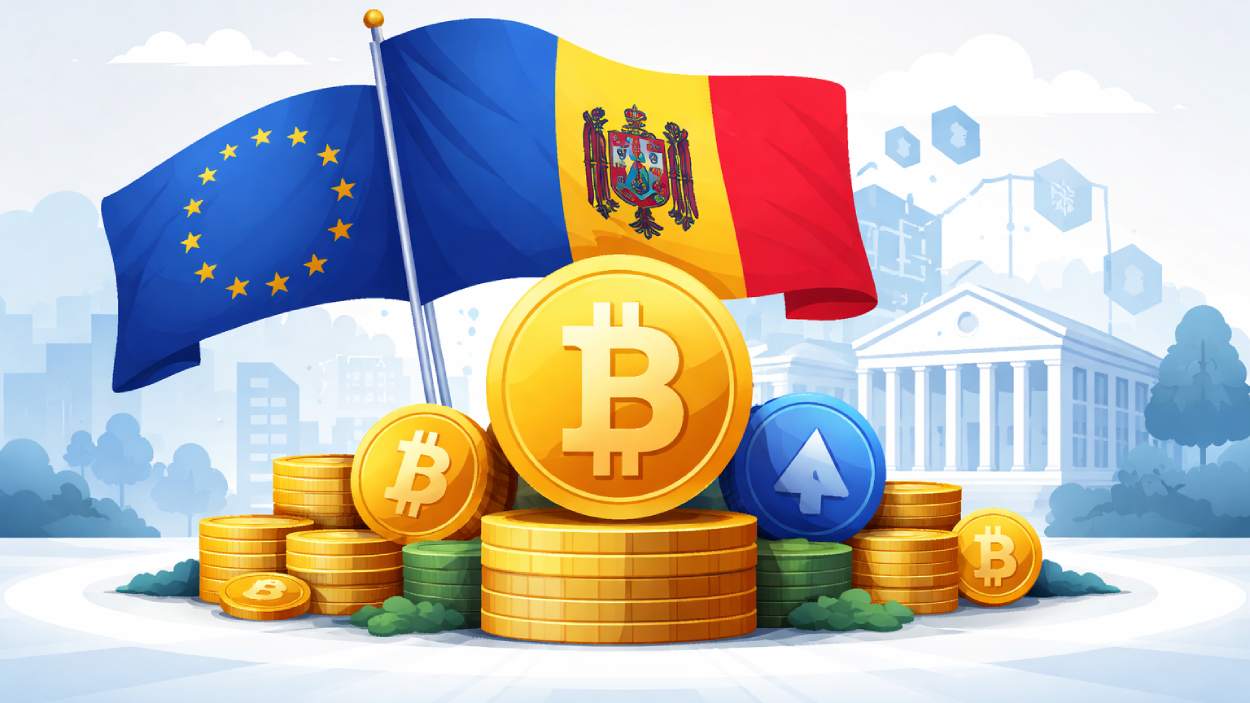Thai regulators have shut down World’s local operations and ordered the deletion of over 1.2 million iris scans, citing violations of data privacy laws.
Key Takeaways
- Thailand’s Personal Data Protection Committee (PDPC) has ordered Sam Altman’s World to suspend its activities and delete all biometric data collected in the country.
- The move follows an expert panel’s conclusion that exchanging biometric scans for cryptocurrency violates national data privacy regulations.
- World has paused its services in Thailand, while maintaining that it complied with local laws.
- Crypto exchanges including Binance and Bitkub have issued warnings to users about trading World’s token (WLD), which has dropped by nearly 95% from its peak.
What Happened?
Thailand’s Ministry of Digital Economy and Society, acting on the recommendation of the PDPC, ordered World to halt operations and erase 1.2 million iris scans from Thai users. Authorities ruled that trading biometric data in exchange for WLD tokens violates Thailand’s Personal Data Protection Act. The decision comes amid growing scrutiny of World’s practices both in Thailand and abroad.
According to DLNews, Thailand’s Personal Data Protection Committee (PDPC) has ordered World, the digital identity project co-founded by Sam Altman (formerly Worldcoin), to delete more than 1.2 million iris scan records collected in Thailand and to suspend all operations in the…
— Wu Blockchain (@WuBlockchain) November 26, 2025
Thai Crackdown on Biometric Data Use
World, formerly known as Worldcoin, uses biometric iris scans to generate unique digital identities for users who then receive WLD tokens as an incentive. While the company says this helps fight identity theft and online fraud, Thai authorities saw things differently.
- The PDPC concluded that exchanging biometric data for crypto rewards breached local privacy laws.
- World had been operating through TIDC Worldverse in Thailand and reportedly amassed iris data from over 1.2 million individuals.
- A raid on one of World’s iris-scanning stations in October preceded the official suspension order.
- World has now removed Thailand from its active countries list and paused local verifications.
An executive from M Vision, a firm linked to setting up World’s scanning booths, is challenging the deletion order, arguing that it could result in financial losses of $31 million for users.
World Responds but Denies Wrongdoing
Despite complying with the order, World maintains it did not violate any laws. The company stated:
It also highlighted the negative effect this pause has on users trying to protect themselves from scams and fraud. World says it will continue working with Thai regulators to find a resolution.
Global Scrutiny Intensifies
Thailand is not alone in questioning World’s operations. Several countries have raised red flags about how biometric data is handled.
- Germany, Kenya, Brazil, and Indonesia have all investigated or taken action against the company.
- In December, German authorities found World had violated European privacy regulations.
- In May, Indonesia’s government probed the firm for licensing irregularities and privacy concerns.
Despite these issues, World insists its system is designed to protect user privacy.
“World does not use centralized biometric infrastructure,” the company told media. It emphasized that iris scans are not stored on the Orb, the device used for verification.
WLD Token Faces Market Pressure
World’s native token, WLD, has been hit hard by the growing controversy.
- The token is now trading around $0.60, down almost 95% from its March 2024 all-time high.
- Thai crypto exchanges Binance, Bitkub, and Orbix have issued public warnings to users about trading WLD.
- Binance Thailand cautioned users to “exercise caution and careful judgment” when dealing with the token.
CoinLaw’s Takeaway
In my experience covering tech and crypto regulation, what’s happening in Thailand is a big red flag for biometric startups rushing to scale globally. While World argues that its intent is noble, the execution has clearly clashed with legal standards in multiple countries. What jumps out most to me is how quickly these scans were gathered 1.2 million in Thailand alone and how little room there was for public dialogue before regulators stepped in. I’ve found that when you collect sensitive data at scale without deep local trust, it often ends in regulatory backlash. For crypto projects dealing with personal data, this is a wake-up call.









